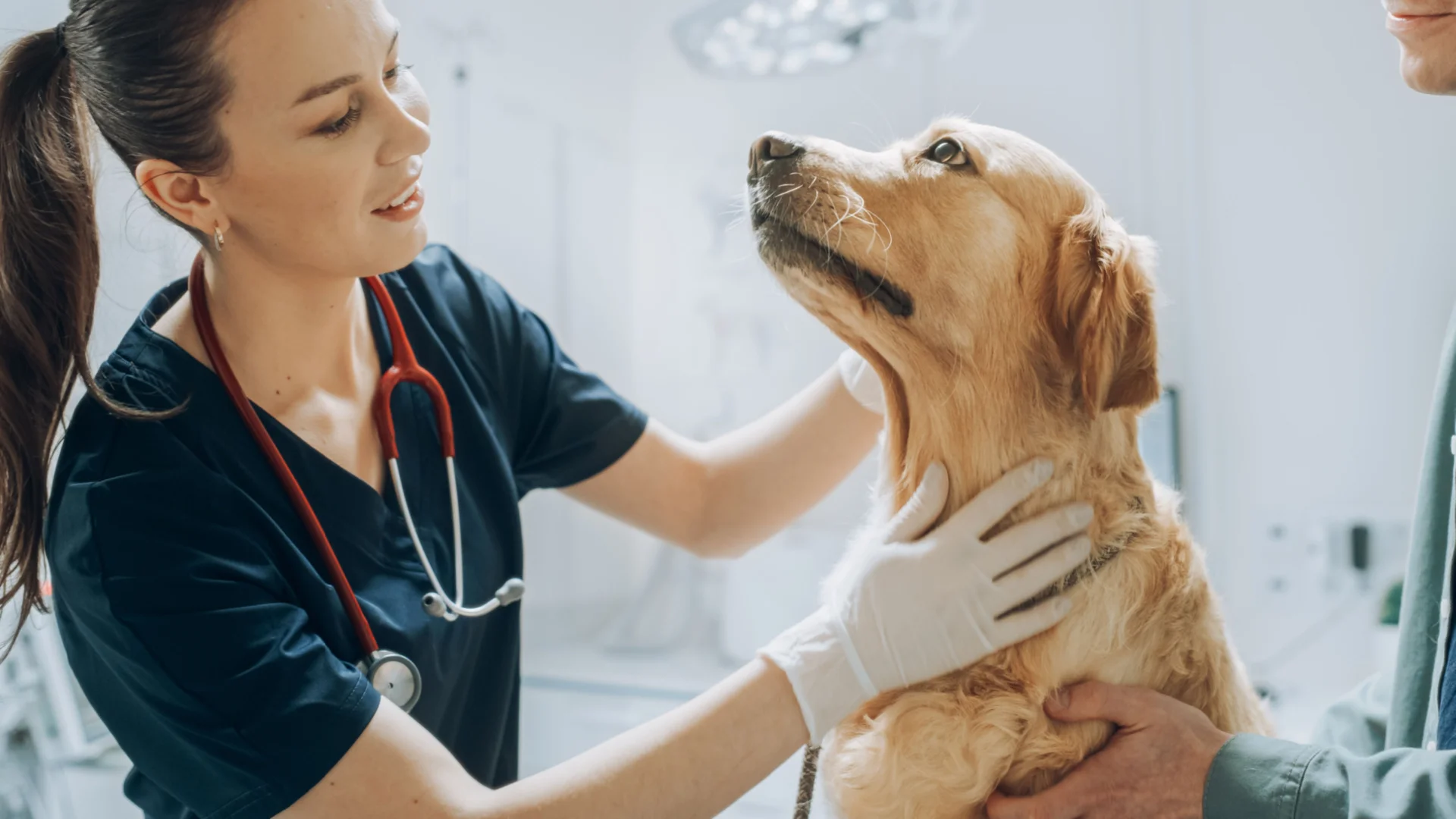Advancing Veterinary Science Through Whole Genome Sequencing
In a major leap forward for microbial diagnostics and exotic animal health, MiDOG has completed and published the first genome sequence of Cryptosporidium serpentis – a dangerous parasite that poses a serious health risk to snakes.
This genomic achievement is not just a first-of-its-kind – it’s a clear signal that next-generation sequencing (NGS) is transforming how we approach parasitic infections in exotic pets and wildlife, providing new tools to identify and understand elusive pathogens that traditional methods often miss. At MiDOG, we are pushing the boundaries of science and advancing the field with every genome sequenced.
What Is Cryptosporidium serpentis and Why Does It Matter?
Cryptosporidium serpentis is a protist parasite that causes chronic, often fatal infections in snakes, especially those in captivity. Prior to this breakthrough, detection methods relied on PCR assays targeting small DNA fragments, which limited both diagnostic sensitivity and our broader understanding of this parasite’s genetic makeup.
Thanks to this genome assembly – spanning 6.5 million base pairs, with 86% genome completion and 0% contamination – and now publicly available on NCBI GenBank, MiDOG has delivered a critical resource that enables:
🧬 Species-level identification of C. serpentis
🔬 Comparative analysis with other Cryptosporidium strains, including those that affect humans
🦠 Discovery of potential virulence genes and antimicrobial resistance markers
🔍 Integration into shotgun metagenomic workflows for enhanced screening
“Before this, there was no genome for this parasite at all. Everything we knew was based on visual microscopy or small PCR targets,” said Mark Yacoub, MiDOG’s Microbiome Scientist. “Now, we can screen for it, study it, and compare it to other pathogens on a whole new level.”
How MiDOG Achieved It: A Precision Genomics Workflow
The sample was obtained through collaboration with Dr. Bogan from the Central Florida Zoo, who provided a stomach wash from an infected snake. The sequencing challenge lay in isolating the parasite’s DNA from the surrounding biological material – which included bacteria, digested food, and host tissue.
With support from the MicroBioMix sequencing team and MiDOG’s internal bioinformatics pipeline, the team achieved a high-quality, clean genomic assembly – an impressive feat considering the complexity of the raw sample.
Why This Is a Big Deal for Veterinary Microbiome Research
There are a large number of pathogens – especially in exotic mammals and reptiles – that we still know very little about. Traditional detection tools provide limited information, particularly when dealing with understudied species like Cryptosporidium serpentis. MiDOG’s sequencing efforts help fill the gaps in current knowledge, opening new pathways for diagnostics, treatment, and comparative research. This work reflects our drive to push the boundaries of science and advance the field of veterinary microbiome research.
This milestone marks several key advances:
🧫 Integration of exotic parasite genomes into shotgun sequencing pipelines
🧠 Improved diagnostic potential for chronic, unexplained infections
🌍 Shared genomic data for the global scientific and veterinary community
🔬 A stronger foundation for future research on reptile microbiomes and disease evolution
Importantly, this genome is now accessible to the broader community, helping researchers track genomic mutations, explore functional gene pathways, and better understand host-pathogen interactions in reptiles.
What’s Next?
Hot on the heels of this achievement, MiDOG has completed a second genome – this time for a canine bacterial pathogen – with another publication and database release on the horizon.
These developments are part of MiDOG’s broader mission to advance microbial diagnostics through precision sequencing, empowering both veterinarians and researchers with better tools to identify, treat, and prevent infection in animals of all species.
📂 Access the Genome
The Cryptosporidium serpentis genome is now live on NCBI GenBank and can be accessed here:
🔗 https://www.ncbi.nlm.nih.gov/datasets/genome/GCA_049309605.1/
If you’re a veterinary professional, microbiologist, or research institution interested in applying this data or collaborating, reach out to our team at MiDOG.
Stay tuned – more genomic breakthroughs are coming soon.
Categories: Bacterial Infections, Exotic Pets, Gastrointestinal Health, Gut Microbiome, Next-Gen DNA Sequencing Technology

